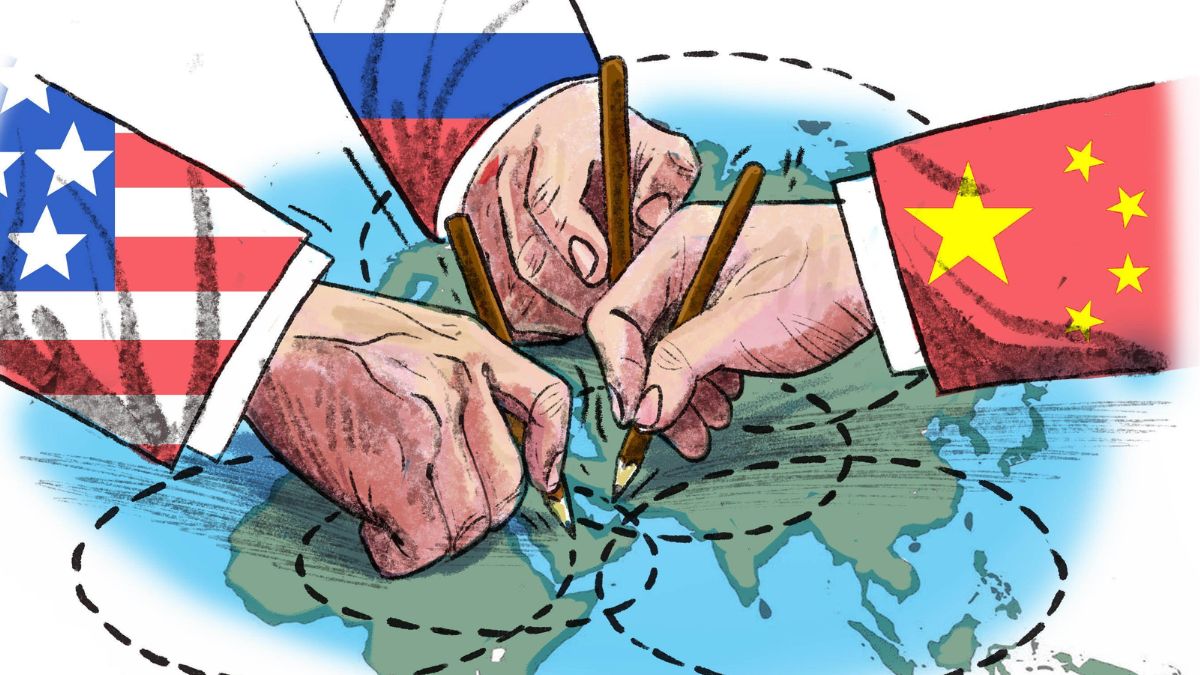As the Association of Southeast Asian Nations (ASEAN) gains increasing geopolitical influence, top diplomats from Russia, China, and the United States have arrived in Vientiane for a critical foreign ministers’ meeting. This gathering underscores the region’s growing importance amid intensifying global power dynamics.
ASEAN, one of Russia’s key economic partners in Southeast Asia, has emerged as a focal point in the geopolitical chessboard, attracting heightened attention from major global powers. The presence of high-ranking officials such as Russian Foreign Minister Sergey Lavrov, Chinese Foreign Minister Wang Yi, and U.S. Secretary of State Antony Blinken highlights the strategic significance of this meeting.
“ASEAN’s role in regional stability and economic development cannot be overstated,” stated Lavrov upon his arrival. “Our partnership with ASEAN is pivotal for promoting peace, security, and economic growth in Southeast Asia. We are here to strengthen our partnerships and support ASEAN’s centrality in the regional architecture,” Blinken emphasized.
The meeting in Vientiane comes at a time when the United States is ramping up its presence in the Asia-Pacific region, seeking to counterbalance the influence of Russia and China. Blinken’s participation underscores Washington’s commitment to deepening ties with ASEAN nations and reinforcing its strategic alliances.
China, on the other hand, continues to solidify its economic and political relationships within the region. Wang Yi highlighted the importance of ASEAN in China’s Belt and Road Initiative and reiterated Beijing’s support for ASEAN-led mechanisms. “China and ASEAN share a common destiny and a mutual commitment to development and stability,” Wang said.
The convergence of these diplomatic heavyweights in Vientiane reflects ASEAN’s rising clout on the global stage. The discussions are expected to cover a broad range of issues, including economic cooperation, regional security, and sustainable development. The outcome of these talks could significantly influence the strategic landscape of Southeast Asia.
“ASEAN is at the crossroads of global geopolitical interests,” commented Dr. Maria Santos, a political analyst based in Manila. “The presence of Russia, China, and the U.S. at this meeting highlights the region’s strategic importance and the need for a balanced approach to maintain stability and foster cooperation.”

